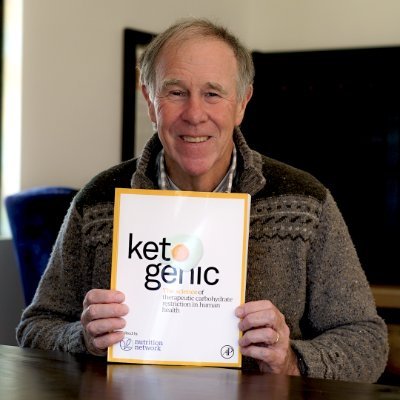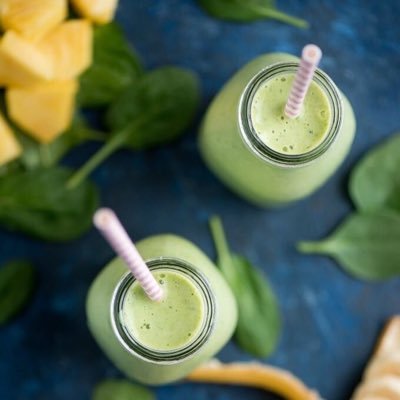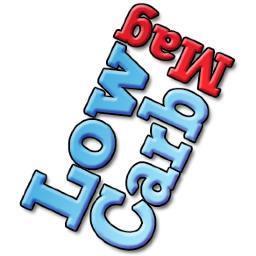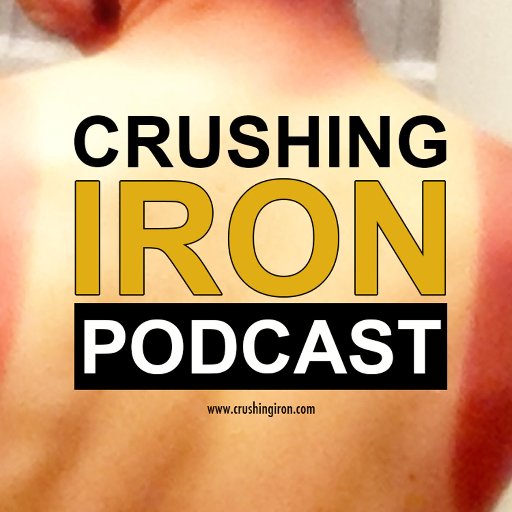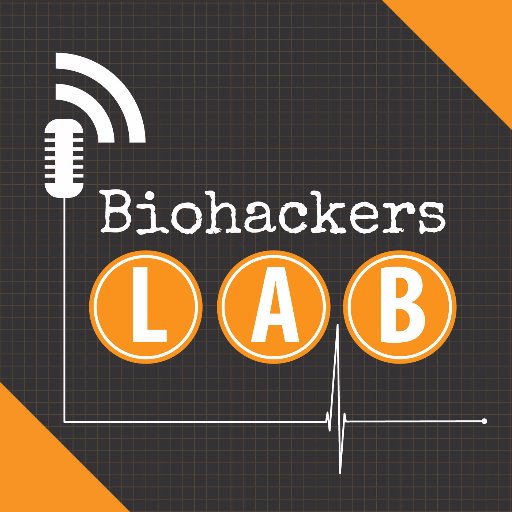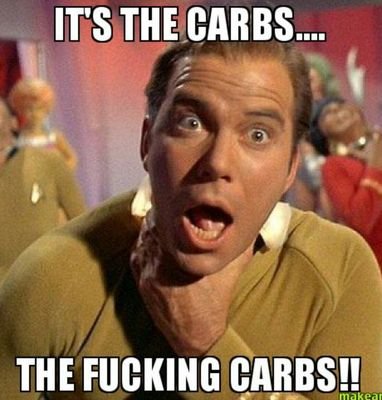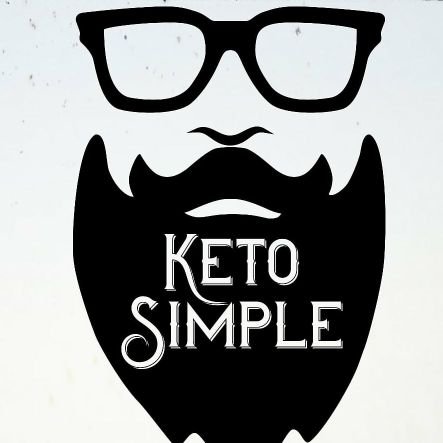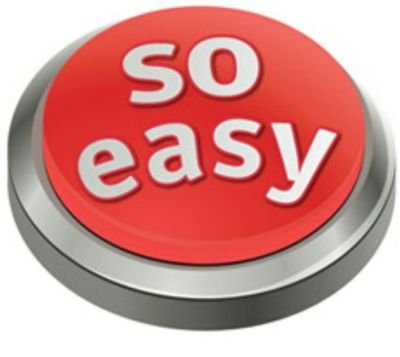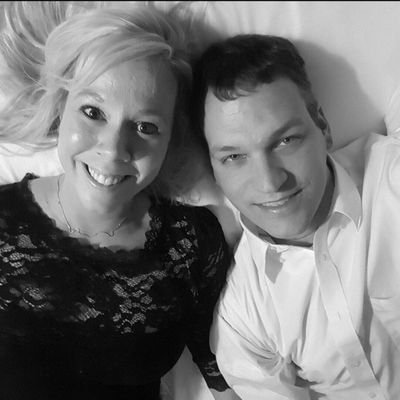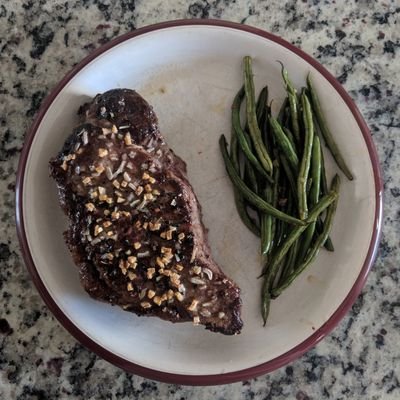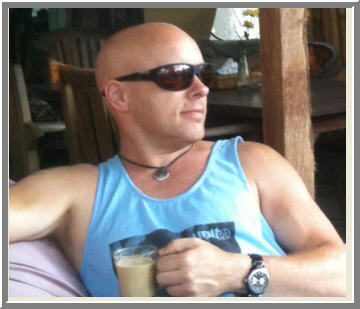
The Trionic Man
@theTrionicMan
A True Zero to Ironman Story
قد يعجبك
The American Diabetes Association (@AmDiabetesAssn) just released its new Standards of Medical Care in Diabetes 2020 which states that a #lowcarb diet is a #healthful eating pattern and #helpful for blood sugar control. lchf-rd.com/2019/12/20/new…
Ribeye the night before. low carb breakfast 3 hrs before start, and a honey stinger waffle right before swim. Sfuels only through first half of bike, then alternated Gatorade and water until end by thirst. Had two or three gels total. Finished in 6:30. Felt great!
Which is interesting because hitting the wall has a strong central brain component - bit.ly/2MymeW5
But the wall is not due to hypoglycaemia in the majority of cases (in my experience) bit.ly/2MymeW5 Especially not since the introduction of seconding stations ever 1-2km in marathon races. That has not banished the "wall". Seems only to have made it more prevalent?
True...technically, high-intensity exercise is probably the fastest route to keto we’ve got. 🤔

Dan Plews, "Substrate Metabolism During Ironman Triathlon: Different Horses on the Same Courses." calculates age group athletes may be able to complete even IM distances relying on fat stores alone. This is the magical secret of LCHF. I train low and race with few carbs
Although I have trained up to 6 hours fasted, the IM703 I completed 5/19 was my first triathlon and I used some carbs with great success. Needed far fewer than standard recommendations. Train low or zero and use just a little as needed works well for me.
So I am a LOT of years out from training for a competitive time in marathon. If I was formulating it I would probably drink 1/2 pack UCAN superstarch before and then have the rest of the pack diluted to sip prn. Even back in the day I would only have 1-2 Gu packs for sub 3h
I would agree with the dosage. I typically aim for 20-40 grams during races. I might flex up to 50 rarely if the temps are perfect. In training, usually around 20 / hour if fueling at all.
A marathon is just long enough to entertain fueling, IMO and I can’t speak from a whole lot of direct experience. What I would likely do, is nothing for the first hour and then 20-40 grams per hour after that if performance was the primary goal.
I am not sure it needs to be 50g/hr. That is way more than I ever take in during exercise. I think there is performance benefit to some ingested carb during but man 50g would be a nightmare for me to try to cover in a fat adapted state with exogenous insulin.
Can train for longer and longer events fasted in a gradual manner but keeping pace below lactate threshold. I have noticed performance improvement with some carbohydrate for long workouts but still fat adapted.
Excellent video @zbitter & I agree, training can be fasted w fluid & electrolytes but for an event that long I think it is important to take in some calories. Yes fat/protein but @UCAN is something I have played w as well. Experiment w GI tolerance of fuel intake too.
I put a few videos together on YouTube that touches on how I cycle cards within a HFLC approach to endurance that you might want to check out: youtube.com/playlist?list=…
This is a really interesting discussion. My most recent half marathon was done in 01:26:40 and I ran fasted and took nothing in during the race, not even water. Obviously everyone is different. I don’t count my daily carbs but I suspect 25-100g
Completion, yes. I can't speak to the T2D side of the equation, though. Personally, I'd think you'd want to eat something for an event that long. You could eat fat/protein though.
I would agree with Ted about the timing and dosage around big sessions and races. If performance is not the goal you wouldn't have to bring them back at all just to complete. I'd be curious to see what your blood sugar does with both approaches. @cadiulus might have some insight
I would not be afraid of eating carbohydrate when doing this large a volume of high-intensity exercise, and in fact without it you are going to hit the wall pretty badly. @zbitter could probably talk about this all day long—he is the man to follow here for sure 👊🏽
Yes—I would train low and race higher. I would do most of my training in a low carb state but for any competitive event or really any prolonged very high intensity efforts over an hour in duration, most will need about 50 grams of carbs per hour DURING the event. Follow @zbitter
My advice wouldn’t change at all. Keep protein percentage as high as possible because you will need it for gluconeogenesis—high intensity exercise burns a ton of glycogen and you’re going to need to replenish it with something. Eating more dietary fat won’t help with this.
@MdSaladino @tednaiman Just watched your debate on YouTube. Learned a lot. But wanted to ask you both, what type of macro ratios do you recommend for a T2D who wants to lose weight but also compete in endurance events like marathons and Tris?
United States الاتجاهات
- 1. Texas A&M 13.3K posts
- 2. South Carolina 13.1K posts
- 3. Marcel Reed 2,611 posts
- 4. Aggies 3,836 posts
- 5. Nyck Harbor 1,419 posts
- 6. College Station 2,038 posts
- 7. Elko 2,418 posts
- 8. Jeremiyah Love 3,250 posts
- 9. Malachi Fields 1,396 posts
- 10. Mike Shula N/A
- 11. Dylan Stewart N/A
- 12. Shane Beamer N/A
- 13. TAMU 5,707 posts
- 14. Sellers 9,605 posts
- 15. #GoIrish 2,990 posts
- 16. Michigan 39.5K posts
- 17. Northwestern 4,220 posts
- 18. Zvada N/A
- 19. Randy Bond N/A
- 20. Sherrone Moore N/A
Something went wrong.
Something went wrong.








